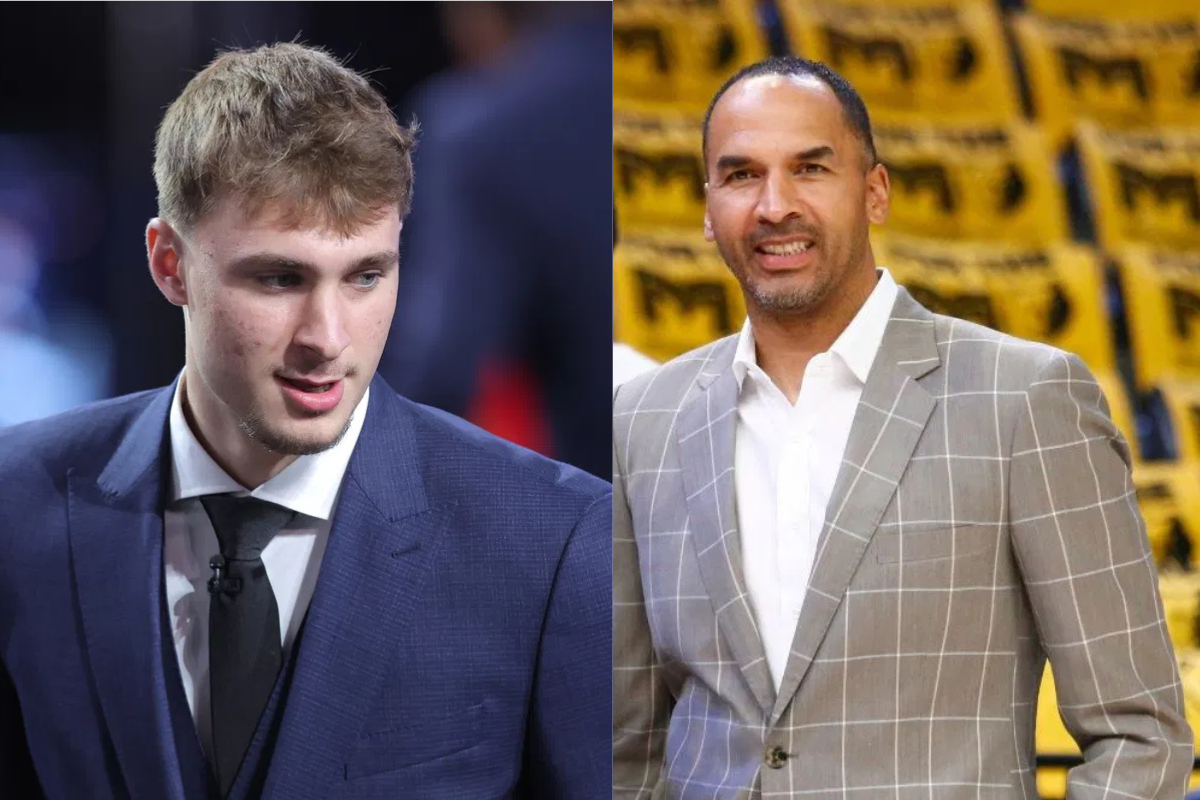
Imago
Credits: Imagn

Imago
Credits: Imagn
The Dallas Mavericks shocked the basketball world by winning the 2025 NBA Draft Lottery with just a 1.8% chance. They used it to draft Cooper Flagg, a player the franchise can be expected to build around for years to come. His arrival, especially in the aftermath of the Luka Doncic trade, certainly has potential to help fans move on. However, is it fair, to expect a rookie, no matter how highly-rated, to immediately help a franchise move on from one of the most talented international stars the NBA has ever seen?
Watch What’s Trending Now!
As far as rookies’ expectations are concerned, there are merely a handful of rookies over the league’s history who may even come close. Names such as Michael Jordan, LeBron James, and Shaquille O’Neal come to mind. But even a casual observer will tell you those comparisons are not just fruitless, but also unfair on Flagg, let alone the expectation of the 18-year-old immediately leading the charge for the Mavs.
On the DLLS Mavs podcast, NBA insider Tim Legler raised an eyebrow at a specific, lingering question, one that Dallas GM Nico Harrison has yet to fully address. Dallas’ glaring lack of consistent perimeter shooting outside of Klay Thompson. The Mavs finished last season ranked 15th in three-point percentage and 17th in attempts per game. “I think part of it is going to be answered by what Cooper Flagg is able to bring.”
ADVERTISEMENT
Legler expects Flagg to be spending long hours refining his jumper, especially off the catch and off the dribble. While teams regularly hit 15 or 16 threes a night. Dallas can’t compete if they are only making 8 or 9. The gap is too wide. It puts too much pressure on every other part of the game, like defense, rebounding, and shot creation. Flagg must prove he can knock down those shots consistently.
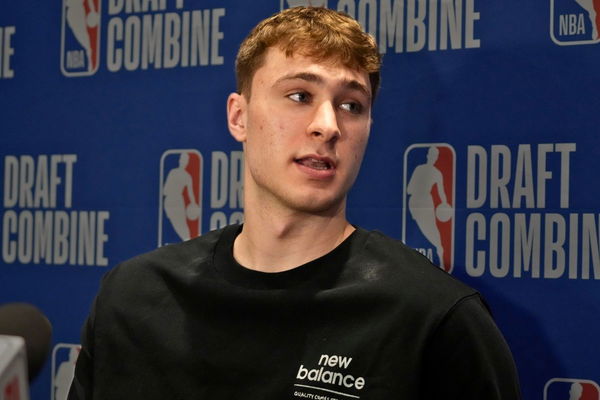
Imago
May 14, 2025; Chicago, Il, USA; Cooper Flagg talks to the media during the 2025 NBA Draft Combine at Marriott Marquis Chicago. Mandatory Credit: David Banks-Imagn Images
It’s not that Flagg can’t shoot. At Duke, he knocked down 38.5% of his threes and shot a strong 84% from the free-throw line a good sign for future development. But in Summer League, the form wavered. He went 3-of-14 from deep, often hesitating or adjusting mid-release. With a projected starting lineup of D’Angelo Russell, Klay Thompson, Flagg, Anthony Davis, and Dereck Lively II. That’s a lot of size, leaving shooting more than desired.
ADVERTISEMENT
With Lively and Davis in the frontcourt and Flagg capable of playing a switchable forward role, defenses would be forced to compromise—either giving them open shots or battling them inside. This is why it’s imperative for the Mavericks to solidify their three-player frontcourt strategy over the course of the season.
Legler made it clear that the Mavericks’ spacing hinges on whether Flagg can develop into a reliable three-point threat. “Guys are going to under screens on him if he runs ball screen,” Legler said. “So his ability to shoot off the dribble is going to be important.” That’s not a developmental goal for later in the year or a box to check by year two, but a present-tense requirement.
ADVERTISEMENT
Top Stories
Lakers Reporter Drops Luka Doncic Injury Update After Injury Exit vs 76ers
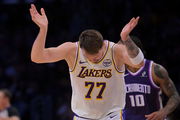
“Hated Kristaps Porzingis on Our Team”: NBA Legend Gets Brutally Honest After Warriors’ Jonathan Kuminga Trade
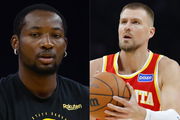
“I’m Sorry”: Steve Kerr Makes Emotional Confession After Jonathan Kuminga Trade
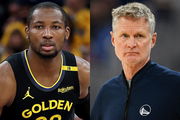
Chris Paul Thrown Out of Country for $7M as Clippers Trade Deepens Future Uncertainty
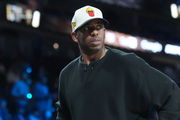
“Doesn’t Happen Without Steph Curry”: Steve Kerr Credits Warriors Star for Caitlin Clark’s Fandom
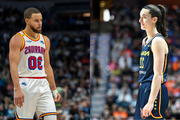
Flagg’s three-point shot isn’t just a nice addition to his game, but a foundational piece of Dallas’s offensive system. Without it, defenders will sag off, the floor will shrink, and the Mavs’ spacing, already in question due to a size-heavy starting five, could collapse early.
“I think it’s fair and reasonable to put that in the uncertain column for the Dallas Mavericks,” Legler said. “The three-point shooting is where that would go.” Klay Thompson hit 39.1% from three last season and remains the only proven perimeter sniper, and Irving sidelined, Flagg’s ability to stretch the floor from day one could be the swing factor between success and stagnation. Dallas will need someone to hold the perimeter up, whether that’s a veteran legend, an underdog rookie, or a front-office move still waiting to happen.
ADVERTISEMENT
Nico Harrison must address Mav’s concerns about shooting
While the Mavericks have added intriguing young talent, including Summer League standouts Ryan Nembhard and Miles Kelly, GM Nico Harrison has yet to make a meaningful move to resolve the team’s most pressing weakness: shooting.
Legler called it out plainly. “Yeah, I mean, look, you have to be honest about it. It’s definitely the area of concern, I think, going into the season — is where’s that going to come from? Where’s the consistency going to come from?”
He emphasized the mathematical disadvantage Dallas could face without enough floor spacing. In today’s NBA, most contending teams consistently knock down 15 to 20 threes per night. If Dallas is stuck making just seven, eight, or nine, they’re essentially spotting their opponent 18 to 30 points from beyond the arc. That kind of gap is incredibly hard to make up, especially in a league that thrives on pace, spacing, and perimeter efficiency.
ADVERTISEMENT
Without enough reliable shooters, Dallas will be at a serious competitive disadvantage. The Mavericks can’t afford to be outgunned from deep every night, and unless players like Flagg step up as legitimate threats, that glaring deficit could derail their season before it even finds rhythm. “Yes, it is a concern,” Legler said, and given the current roster makeup, it’s not just a small one.
Later in the same podcast, DLLS Sports host Kevin Gray Jr. asked the question that’s been floating around Dallas since the summer, “Does this team go as far as Anthony Davis can take them?” With Kyrie Irving sidelined to start the season, the Mavericks aren’t just hoping Flagg develops; they need him to. Legler acknowledged that Flagg’s rookie year could go either way; he might struggle with consistency, or he could make an immediate impact.
Flagg is stepping into a high-pressure situation in a Western Conference loaded with elite wings and defenses. Without Kyrie, and with shooting already a concern, the Mavericks’ early-season survival may come down to how fast Flagg can grow his game, and whether he can shoot well enough to keep defenses honest. Davis may be the foundation, but Flagg’s development is the difference between contention and collapse.
ADVERTISEMENT
Dallas gambled on their future by selecting Cooper Flagg. Now, they’re gambling on their present by not shoring up their perimeter shooting. Unless Flagg’s jumper shows up early, this version of the Mavericks could find themselves playing from behind, both in games and in the standings.
ADVERTISEMENT
ADVERTISEMENT
ADVERTISEMENT